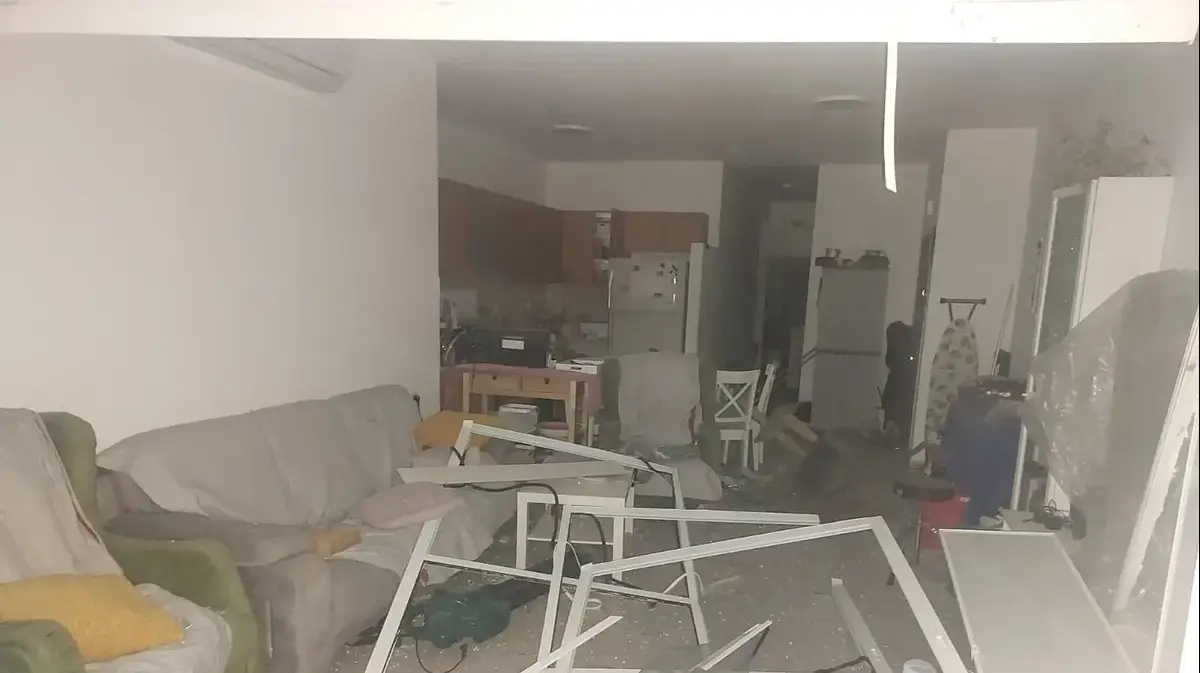Millions of Israelis are facing the threat of rockets these days.
Now the question arises as to whether absence from work due to the operation could lead to a loss of salary.
We spoke with attorney Rebecca Verbner, the chief supervisor of labor relations in the labor department and tried to understand whether absent employees are entitled to compensation, what is the legal status of employees who do not come to work in a factory that has been declared "essential" and what happens if the factory has a protected room and the workers do not come to work? All the answers
Will employees who are absent from work due to the "Dawn" operation be entitled to compensation?
The parties to an employment relationship do not determine the compensation and its amount in times and areas of combat, but the issue is examined and decided retrospectively.
In the agreements and arrangements drawn up during periods of past fighting, it was determined that residents of settlements that were in the declared relevant area of the Gaza Strip would be entitled to compensation.
In the expansion orders concerning the Operation Wall Guard collective agreement dated 12.21.2021, the expansion order for a collective agreement following Operation Pillar of Defense and the expansion order for the compensation agreement for workers in Operation Protective Edge, the employers were obliged retroactively to pay wages to employees who were absent from work due to the instructions of the security forces not to come to the workplace.
In the same way, compensation was given during the fighting periods in cast lead, pillar of cloud and solid rock, subject to the conditions set forth in collective agreements and expansion orders.
Running to the protected areas in the Gaza Strip (archive), photo: Reuters
To whom will employees who are supposedly entitled to compensation according to an agreement turn to receive it when the time comes?
The compensation for absence during combat is given to employers and not directly to employees.
Employers must pay their employees' wages, as if they were working normally.
Employers' compensation for the payment of wages will be received (subject to agreements), following claims they submit to the Treasury, as stipulated in the property tax and compensation fund regulations (payment of compensation), war damage and indirect damage (temporary order) 2009.
Are employees who were absent from their work entitled to compensation due to the necessity to stay at home with their children due to the closure of educational institutions due to the security situation?
Workers who were forced to stay at home and take care of their children following Home Front Command announcements were previously compensated for this.
In the law on the protection of workers in times of emergency, these are workers who remain at home with their children, up to the age of 14, due to the closure of educational institutions by order of the Home Front Command.
If the workplace works as usual but the employees are afraid to come to work. Will they be entitled to wages?
The payment of wages is conditional on conditions, as stipulated in collective agreements following security incidents, including the Home Front Command's determination that this is an unprotected workplace.
If according to the directives of the Home Front Command it is determined that in the area where the workers are employed they should stay in a protected area and not go out to work, then apparently, according to past precedents, they will be entitled to pay wages.
If the workplace is outside the danger zone, and the employees did not come to work, then they will not be entitled to wages.
Documentation of the fall in Ashkelon // Photo: Manny Reuven and Shanir Peretz
What is the legal status of workers who do not come to work in a factory that has been declared "essential"?
Failure to come to work at an essential plant, as announced by the Home Front Command, allegedly constitutes a criminal offense.
The employees will not be entitled to their wages.
Is it possible to fire employees who do not come to work in an unprotected factory?
It is forbidden to fire employees whose orders of the security forces prohibit them from coming to the workplace.
Therefore, if the workplace is not protected, and the instructions of the Home Front Command prohibit working there, the dismissals are invalid, and dismissed employees can demand that the employer take them back.
Is it allowed to fire employees who received order 8?
No.
According to the law, employers are prohibited from firing employees called to reserve service during the service and for 30 days after it.
What does the law say about paying wages to employees who did not come to work because of the situation?
As a general rule, the law does not require employers to pay wages to employees who chose not to come to work in an emergency, so the directive is to come to work, except for places where work is prohibited according to the guidelines.
What happens if the factory has a secure room and the workers do not come to work?
Employees are protected from dismissal only if the instructions of the Home Front Command prohibit them from coming to the workplace.
In cases where it is not clear to the employees whether the workplace is protected or not, you can contact the Home Front Command and find out the instructions.
If according to the Home Front Command the factory is considered protected, failure to arrive at the workplace is the responsibility of the employees.
The answers are courtesy of the chief supervisor for labor relations in the labor department, Adv. Rebecca Verbner
were we wrong
We will fix it!
If you found an error in the article, we would appreciate it if you shared it with us















